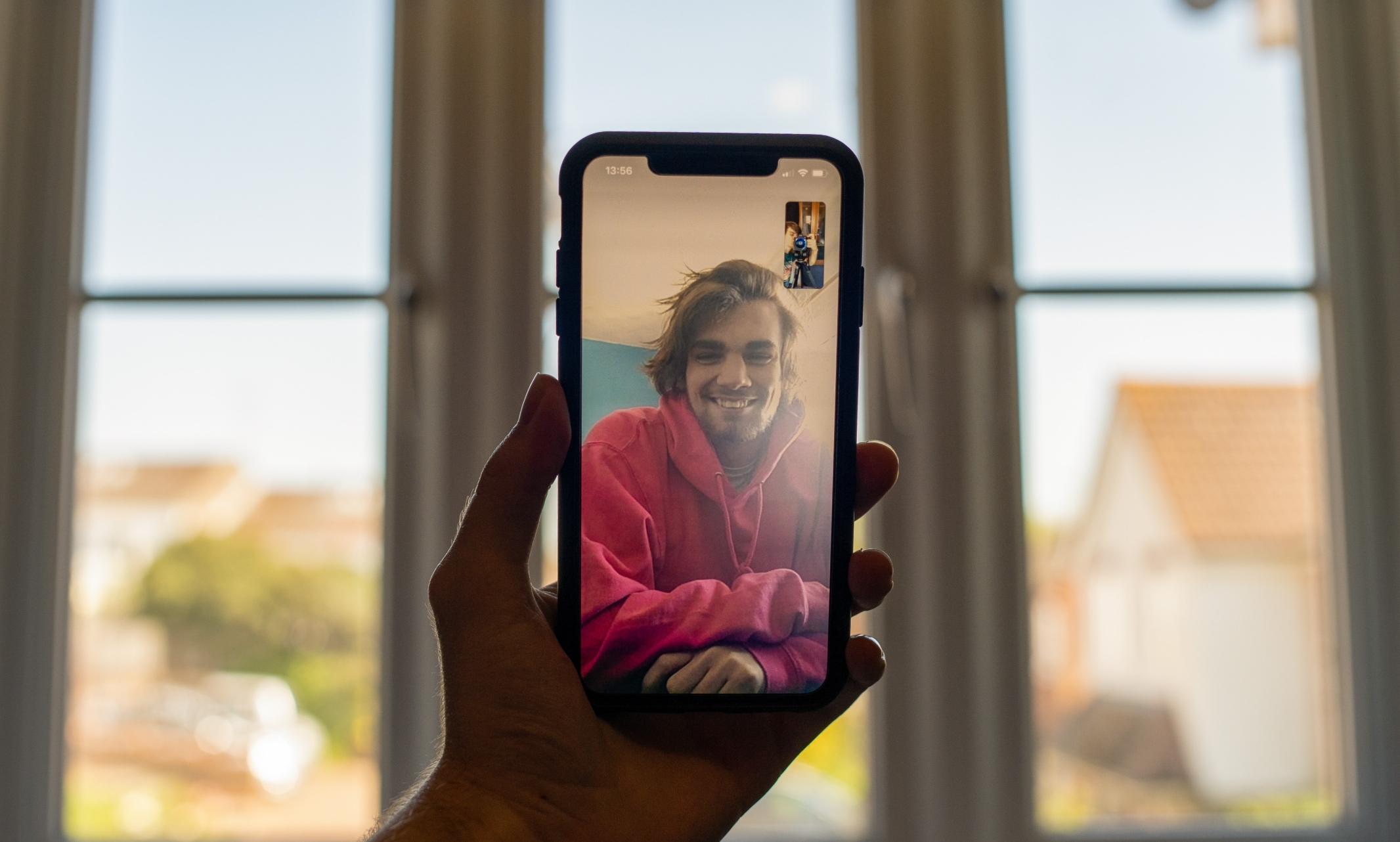As the coronavirus pandemic continues, UMKC Staff Council recently conducted a panel discussion on staying connected, centered and well-grounded during COVID-19 as a critical part of protecting and maintaining one’s mental health and wellbeing.
Here are some of the key messages from the event.
Social distancing doesn’t mean social isolation.
Studies have shown that for many people, COVID-19 has led to an increased feeling of loneliness. While it’s necessary to maintain the practice of social distancing as we work together to bring this pandemic under control, it’s also important to remember that social distancing does not mean social isolation. Staying socially connected strengthens our immune system. It helps lower our anxiety levels. It helps prevent depression from setting in. And, it leads to a greater satisfaction in our lives.
Take audit of your media exposure and focus more on intentional relationships.
There are many ways that we can do that. Understanding and embracing what we do and don’t have the power to control is vital. Things such as managing our consumption of the news and social media. Be willing to simply turn off the TV, the radio and your social media, and instead make it a point to maintain social relationships. Those who are comfortable with and enjoy casual interactions with others are typically able to have personal, lasting and satisfying relationships that lead to greater mental and physical wellbeing.
Review your self-care habits and attitude.
- Pay attention to your nutrition and excercise habits, and focus on fueling and strengthening your body and mind.
- Maintain your regular work/life schedule as much as possible.
- Engage in old hobbies or explore new ones.
- Get out and enjoy nature.
- Monitor your self-talk and exercise self-compassion.
- Take disappointments in stride.
- Be realistic about your abilities and don't strive for perfectionism.
Find COVID-safe ways to connect with other people.
So, how do we stay connected while protecting ourselves and one another through social distancing? First of all, don’t isolate yourself. Prioritize and maintain relationships by setting up regular communications with others using Zoom, Skype or other technology. Or, simply pick up the phone and call a friend you haven’t talked to for some time.
Be the one to organize activities such as:
- Start a virtual book club.
- Hold a virtual class and family reunion.
- Host a virtual dinner party.
- Take in a free online concert.
- Schedule a virtual watch party of your favorite TV show or movie with friends.
- Take a virtual tour of a zoo or museum.
- Learn something new; take up a new hobby that you can practice together.
- Find an online support group or others who share a common interest.
Consider implementing some of these lifestyle changes post-COVID.
Dealing with COVID-19 has made us rethink and, in many ways, change how we work and live. But that’s not all bad. In fact, some of these changes could provide benefits long after the pandemic has passed. For instance, with the normalizing of technology such as Zoom, we now save on time and travel by conducting more meetings and training sessions online. And many more of us have seen that teleworking can be a successful and effective option.
As you strive for work/life balance, make plans to get away from work and technology. Set boundaries. Learn to delegate or even say “no” when appropriate. Take advantage of your vacation time. You’ve earned it — use it.
And don’t forget that it’s important to get help when you need it. UMKC offers counseling services for students and the Employee Assistance Program, which provides counseling and resources for employees.

